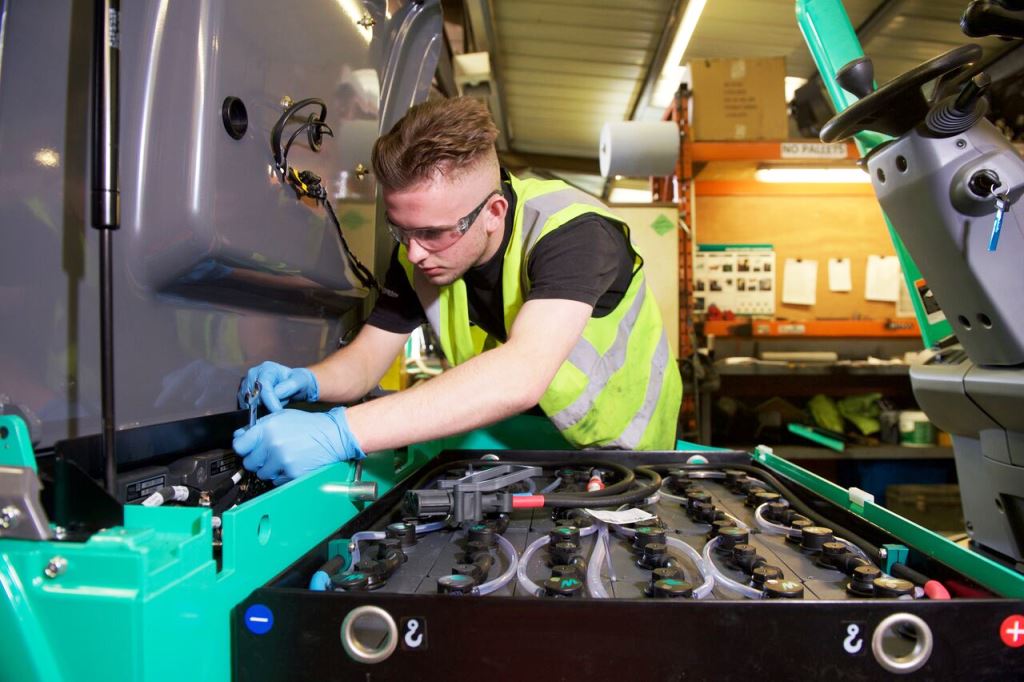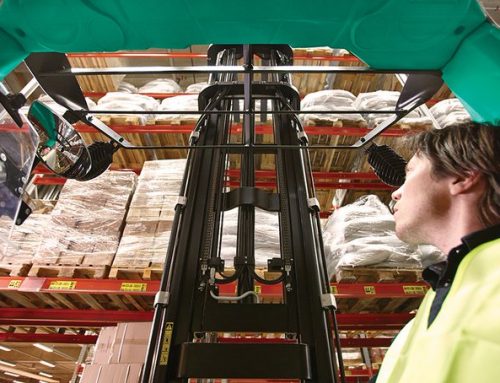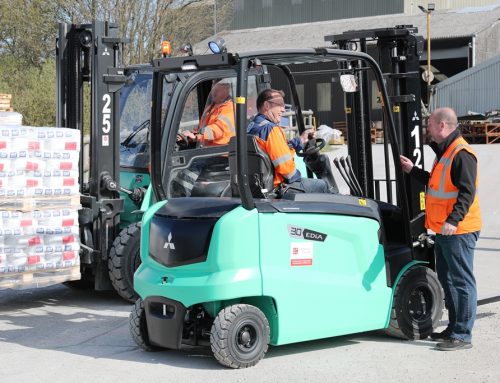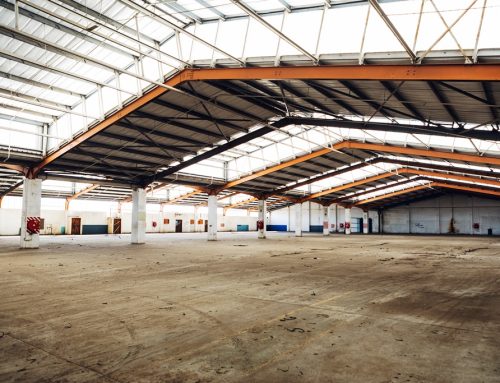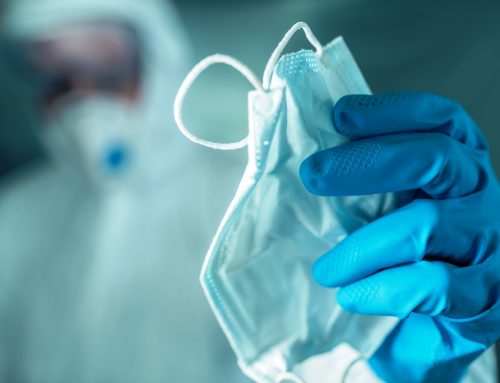In keeping with its commitment to raise safety standards across the material handling sector, the British Industrial Truck Association (BITA) – the UK trade association for manufacturers and suppliers of forklift truck and associated components and services – has stressed that companies must fulfil their legal requirements under Thorough Examination throughout the coronavirus outbreak.
David Goss, Technical Manager, BITA said: “The requirement for Thorough Examination (TE) under LOLER (Lifting Operations and Lifting Equipment Regulations 1998) is a statutory requirement and is not diminished by the coronavirus outbreak.
“Examinations must still be carried out by a competent person in accordance with the scheme of inspection (generally every six or 12 months). Equipment which is subject to LOLER for which the TE is overdue must be withdrawn from service until it has been examined by a competent person. Operation of such lifting equipment would be an offence under the LOLER regulation and there is a legal duty to report this.
“In the event that the Government makes changes to these requirements, we will provide updated advice.”
A desire to improve operational safety standards across the material handling industry prompted the sector’s leading trade organisations, BITA and the FLTA to collaborate with the Health & Safety Executive (HSE) on a new initiative — CFTS.
Launched in 2004, CFTS saw the introduction of a safe, national, quality-controlled standard of inspection for forklift trucks – roughly equivalent to the MoT test for cars. It is instantly recognisable by the Thorough Examination mark.
CFTS Thorough Examination is now the recognised benchmark for the industry and its introduction has thoroughly vindicated the aims of both associations to raise standards and make forklifts safer machines for both operators and those working in close contact with them.
The launch of the CFTS Thorough Examination followed a review of the industry to establish how inspections were being conducted. This concluded that a real, properly defined inspection was needed to standardise requirements industry-wide. Whilst Thorough Examination was mandatory, inspectors were seen to have too much leeway in interpreting the requirements of LOLER and PUWER (Provision and Use of Work Equipment Regulations 1998).
Therefore, if a Thorough Examination was required, it needed to be an exhaustive, Thorough Examination covering everything stipulated under both LOLER and PUWER.
Thorough Examination for forklift trucks is roughly equivalent to the MOT for cars – a mandatory check to ensure that the mechanical parts of a forklift are in safe working order.
It is not the same as regular maintenance – it is required whether a truck has just been serviced or not.
The Health and Safety Executive (HSE) defines Thorough Examination as: “Thorough examination of industrial lift trucks is required under health and safety law: LOLER 1998, which covers lifting equipment, and PUWER 1998, which deals with all other safety-related items, such as brakes, steering and tyres. Your regular inspections as part of a preventive maintenance scheme or scheduled service are not a thorough examination.”
BITA has pledged to keep members and stakeholders updated on developments regarding the spread of coronavirus, but in the meantime, it is encouraging everyone to read the latest advice for employers and businesses issued by Public Health England.
